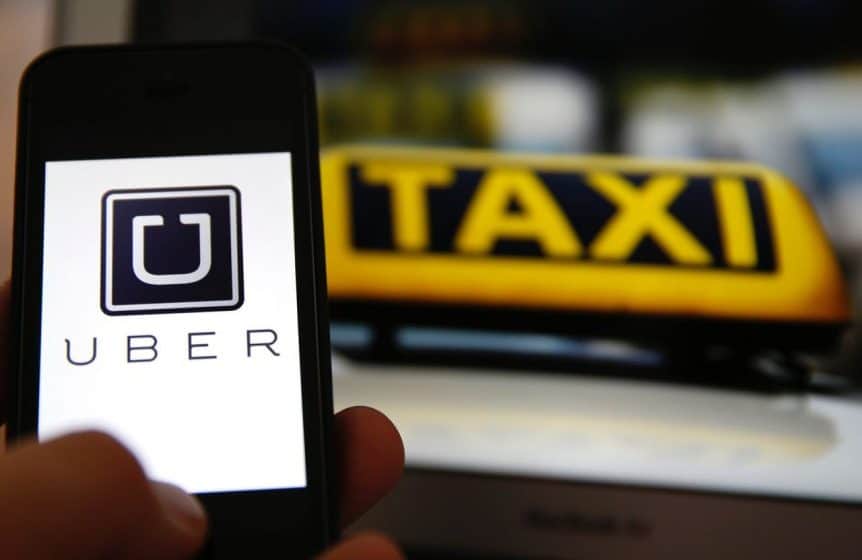![]()
The case started in 2016 when two drivers, James Farrar and Yaseen Aslam, filed a claim with the job arbitration, claiming that they should be classified as employees rather than self-employed.
The riders said that they were employers for the reasons of the Employment Rights Act 1996, the National Minimum Wage Act 1998, and the Working Time Regulations 1998 within the two eras protected by their allegations. They said that as a result, they are entitled to the living wage, holiday pay, and other statutory safeguards.
Uber Claims
Uber claims that the operators are private contractors rather than employees. The job judge noted that the operators were employers and that they were employed whenever they: even had Uber app turned on; we’re inside the jurisdiction in which they were approved to collaborate; and were competent and ready to take duties, after a formal hearing conducted by the GMB union and law firm Leigh Day. The Employment Appeal Tribunal and the Court of Appeal eventually confirmed such conclusions. Uber then filed an appeal with the United States Supreme Court.
The fact that it was a signed agreement between Uber and the drivers, as well as private negotiations between the drivers and the customers, was Uber’s key reason for the drivers being private contractors rather than employees. Uber stated that the drivers were working with the riders, not for themselves (Uber).
Compensation Cost
The GMB union said it will meet with Uber driver officials on a compensation application that would be filed with the Employment Appeal Tribunal. According to the law firm Leigh Day, who is defending the riders on behalf of GMB, thousands of people of drivers may be held financially responsible worth an average of £12,000 each.
Customers have been struggling for worker protections for a long time, but we’re relieved that the time is coming. While Uber has said that the decisions only concern two drivers, Leigh Day will be filing a petition on account of the thousands of other drivers who have entered the lawsuit.
Pension
Courts in France stated in March 2020 that Uber drivers were workers. Initial judgments in favor of a new employee status for Uber and Lyft motorists in California, however, were quashed in a government independence vote. After becoming prohibited in 2015, Uber is now embroiled in a complicated case in Germany, where it is required to partner with registered private hire vehicle firms.
Uber drivers who are listed as employees will be automatically included in a company pension.
This will have to be discussed, and perhaps prospectively.” “It will be a huge logistical burden because drivers’ shifts are not fixed and are dictated by how much overtime they put in, and their wages will change dramatically as well.
Uber’s late implementation would therefore necessitate the largest amount of payments, 5% of banded wages, which will end in more than average opt-outs, eventually leaving their jobs without causes of the financial later in life. This may have ramifications for other workers with similar jobs.
